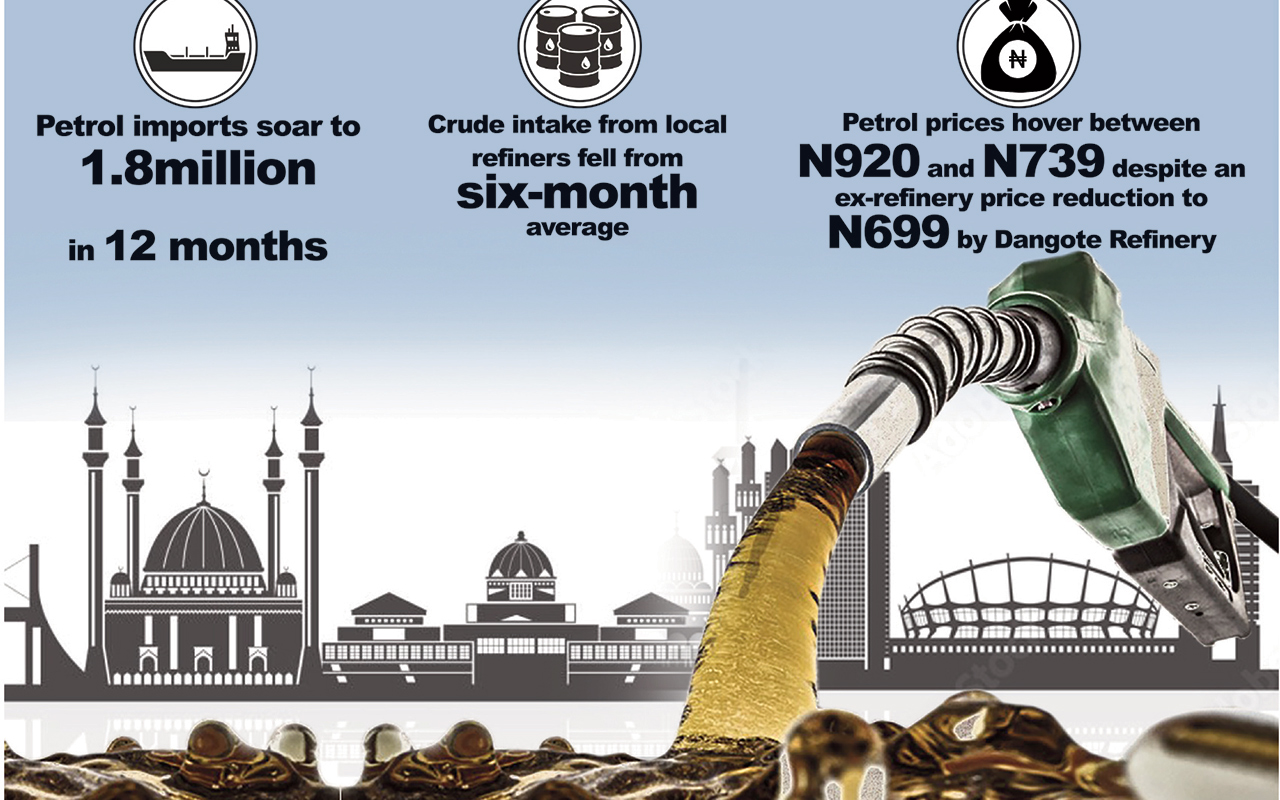The Niger Delta communities have been educated on how to use strategic litigation as a tool to secure social justice following years of environmental degradation, neglect, and injustices by the Multi National oil companies and the government.
The Socio-Economic Rights and Accountability Project (SERAP) enlightened the representatives of the communities from Rivers, Bayelsa, Delta, Cross Rivers, Akwa-Ibom, and Edo during an interactive session held in Rivers State on Thursday.
According to SERAP, using lawful avenues is a necessary tool to making known their grievances, adding that it is more effective than violent confrontations.
Speaking at the public presentation of SERAP’s report on “Mobilizing Natural Resource Communities on Using Strategic Litigation to Achieve Social Justice in the Niger Delta” held in Port Harcourt, SERAP’s Deputy Director, Kolawole Oluwadare, said the organisation is constitutionally empowered to hold government accountable through the courts.
“Public Interest Litigation is a tool that SERAP uses a lot, not because we like going to court but because we are constitutionally empowered to hold government to account,” Oluwadare stated.
“The rule of law is better than anything that will promote violence, so if people have opportunities to ventilate their grievances within lawful means, we should encourage it.”
He explained that SERAP was engaging stakeholders across the Niger Delta to secure their buy-in and to encourage communities to pursue collective justice instead of fragmented, individual efforts.
Also speaking, legal resource person Laeticia Uju urged the communities to work in unity and peace, which she noted is faster in achieving justice.
“Public Interest Litigation means the communities will start working as one so that their voices can be heard and they can get justice. I expect communities to work as a team instead of individual, and pursue public interest instead of personal interest,” she said.
Also speaking, John Martin Aikpokpo, past 1st Vice President of the Nigerian Bar Association (NBA), lamented that corruption and compromised processes often frustrate communities seeking redress locally.
“Within our laws in this country, there are remedies to almost every issue. That it has been done for so long does not mean that it’s right,” Aikpokpo declared.
“Unfortunately, even when the court gives judgements, our government agencies do not respect them. That means we are gradually moving towards anarchy, because once people get justice in the court there will be no need for them to protest or carry arms.”
He alleged that oil-related cases are often delayed indefinitely in Nigerian courts due to corruption, forcing communities to seek justice abroad where processes are faster and fairer.
“Communities get justice abroad because the system there is not compromised, justice moves as smooth as possible, just like we saw the swift sentencing of Simon Ekpa in Finland. But here in Nigeria, we are a compromised people,” Aikpokpo said.
He further warned that judicial independence in Nigeria would remain elusive as long as politicians influence the appointment of judges.
“For as long as politicians have a say on who to appoint as judges, the Nigerian judicial system will never be cleansed because majority of them didn’t attain that seat by merit and so owe allegiance to politicians,” he argued.
Earlier, Director General of the National Oil Spill Detection and Response Agency (NOSDRA), Chukwuemeka Woke, commended SERAP for convening the dialogue, stressing that justice in resource management is both a legal and moral obligation.
“Ensuring justice and transparency in natural resource management is more than a legal requirement; it is a moral obligation we owe to our children and generations yet unborn,” Woke said.
He reaffirmed NOSDRA’s commitment to transparency, accountability, and collaboration with civil society, communities, and industry players to safeguard the environment and protect livelihoods.






